
Warwick Powell, Adjunct Professor at Queensland University of Technology, Senior Fellow at Beijing Taihe Institute
Aug 22, 2025
The war in Ukraine grinds on into its fourth year, and yet peace seems elusive. American President Donald Trump recently met Russian President Vladimir Putin in Anchorage, Alaska. Some hailed this as a breakthrough; others derided it as Trump being “played.”
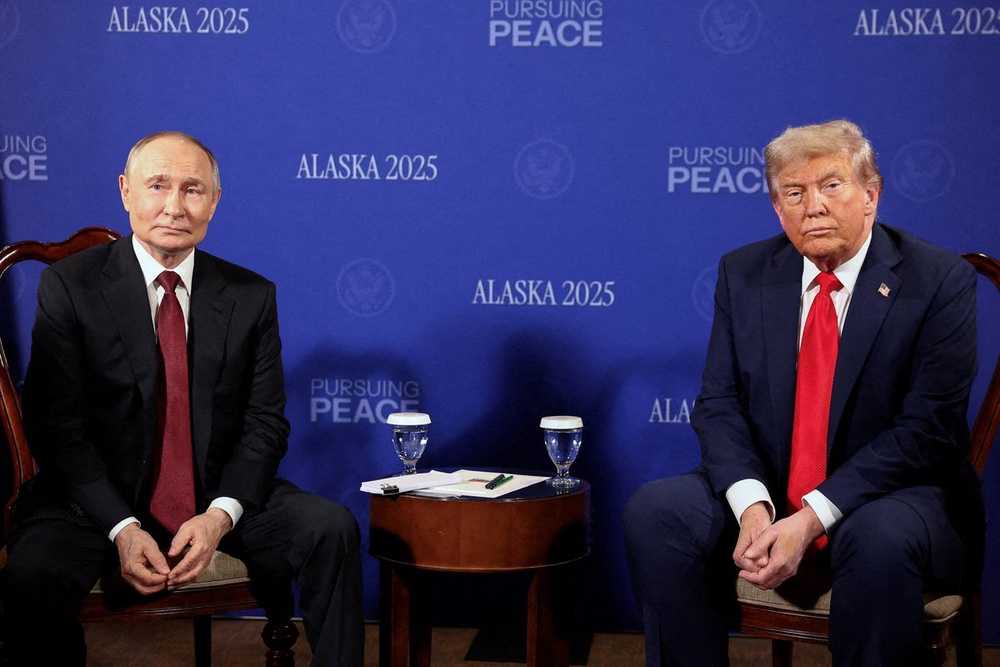
Li Ziguo, Director and Research Fellow at Department for European-Central Asian Studies, China Institute of International Studies
Aug 22, 2025
While presidents Donald Trump and Vladimir Putin both got something out of the virtual bust, Europe and Ukraine are actually relieved that they failed to reach an agreement. This not only preserves Europe’s dignity but keeps the door open for future negotiations.
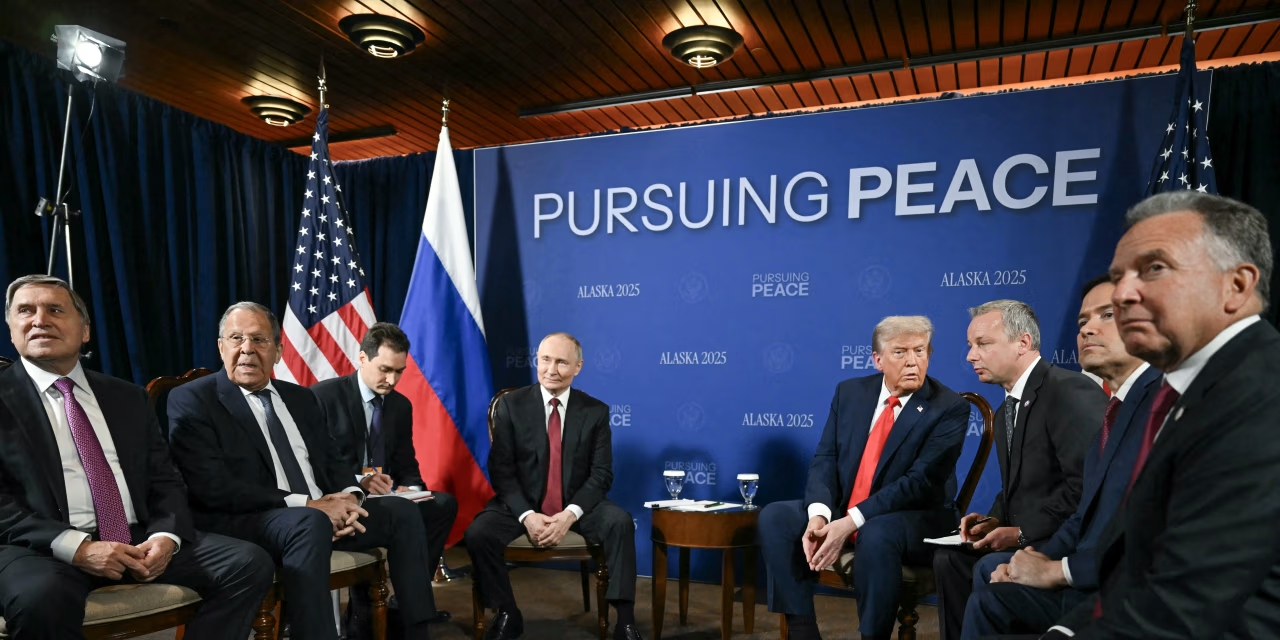
Tian Dewen, Senior Fellow, Institute of Global Governance and Development, Renmin University of China
Aug 22, 2025
Actual improvement of the bilateral relationship between the United States an Russia should be helpful in ending the war in Ukraine. Virtually any effort that facilitates sustainable peace is worthy of China’s support. So the meeting in Alaska does not need to be interpreted as unproductive.
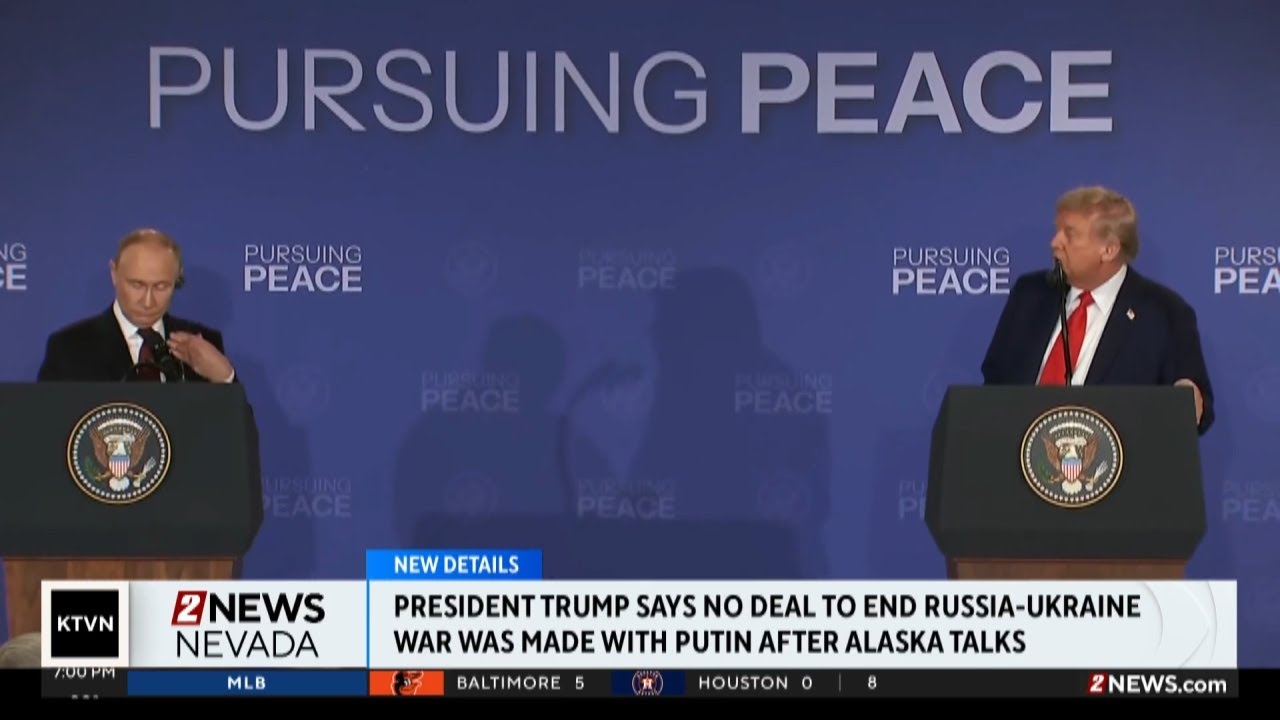
Jiayi Zhang, Researcher, Global Governance Institution
Tian Shichen, Founder & President, Global Governance Institution
Aug 22, 2025
The summit could mark a turning point in U.S.-Russia relations and lead to a rewriting of the geopolitical playbook. For China, the lesson is that it must hold fast to its principles, maintain strategic composure and pursue its interests on its own terms.
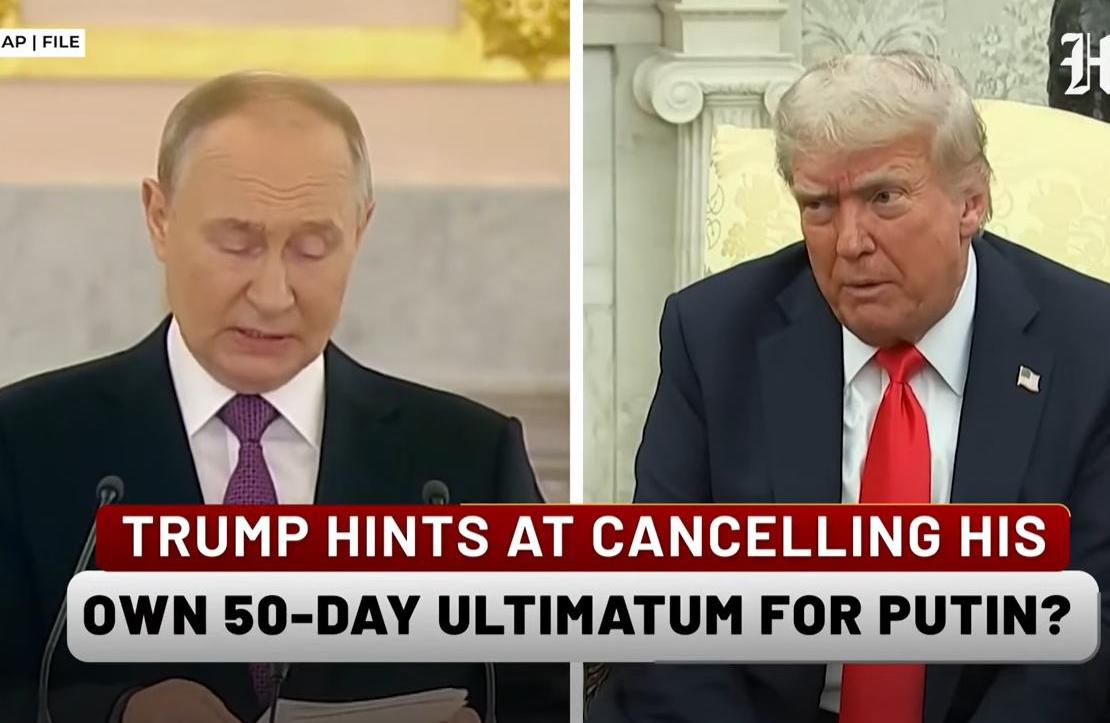
Xiao Bin, Deputy Secretary-general, Center for Shanghai Cooperation Organization Studies, Chinese Association of Social Sciences
Jul 25, 2025
Second round of Trump-Putin engagement incorporates elements of strategic deterrence but has failed to resolve the conflict. That’s because the war reflects a deeper struggle over institutions, grand strategy and competing value systems.

Xiao Bin, Deputy Secretary-general, Center for Shanghai Cooperation Organization Studies, Chinese Association of Social Sciences
Jun 18, 2025
Many in the West think Sino-Russian ties are the key to a resolution of the conflict. But this is a significant strategic misjudgment. Any durable peace in Ukraine must be found through negotiations between the parties directly involved.
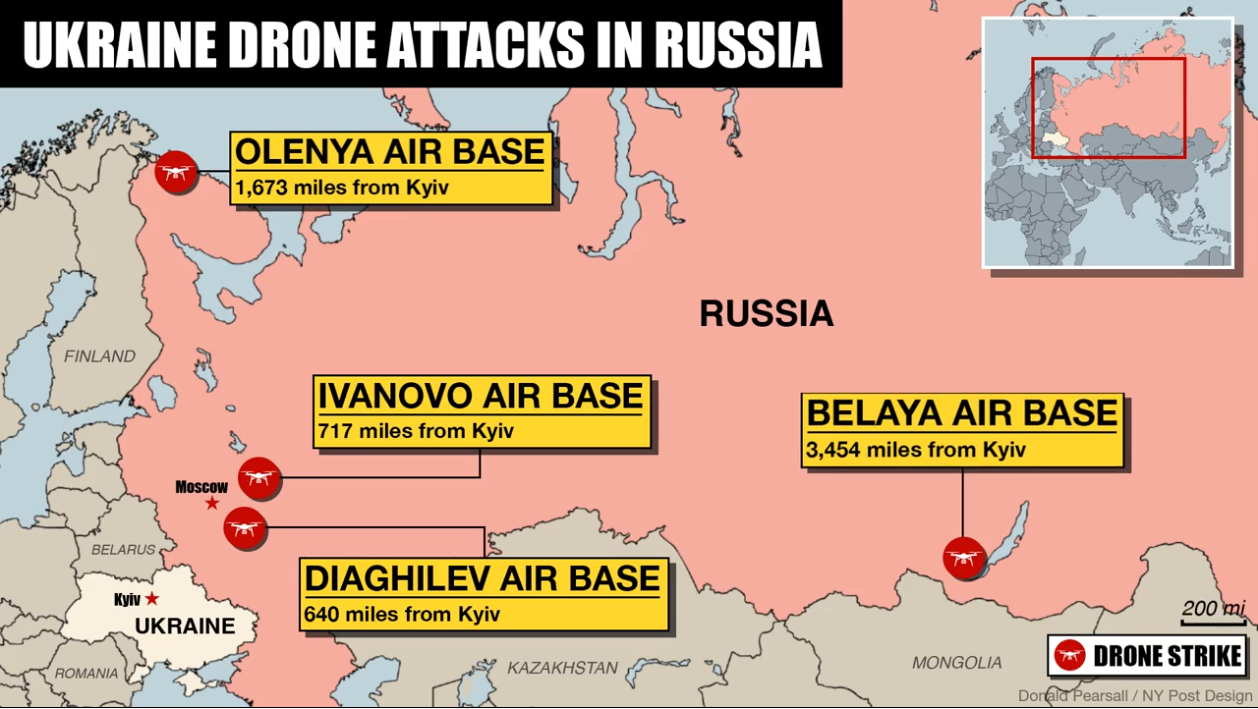
Xiao Bin, Deputy Secretary-general, Center for Shanghai Cooperation Organization Studies, Chinese Association of Social Sciences
Jun 03, 2025
Three major diplomatic challenges have driven a wedge between the United States and Russia in their peace negotiations. Their divergence highlights more than a clash between worldviews. It shows their competition for leadership in the reconstruction of the international order.
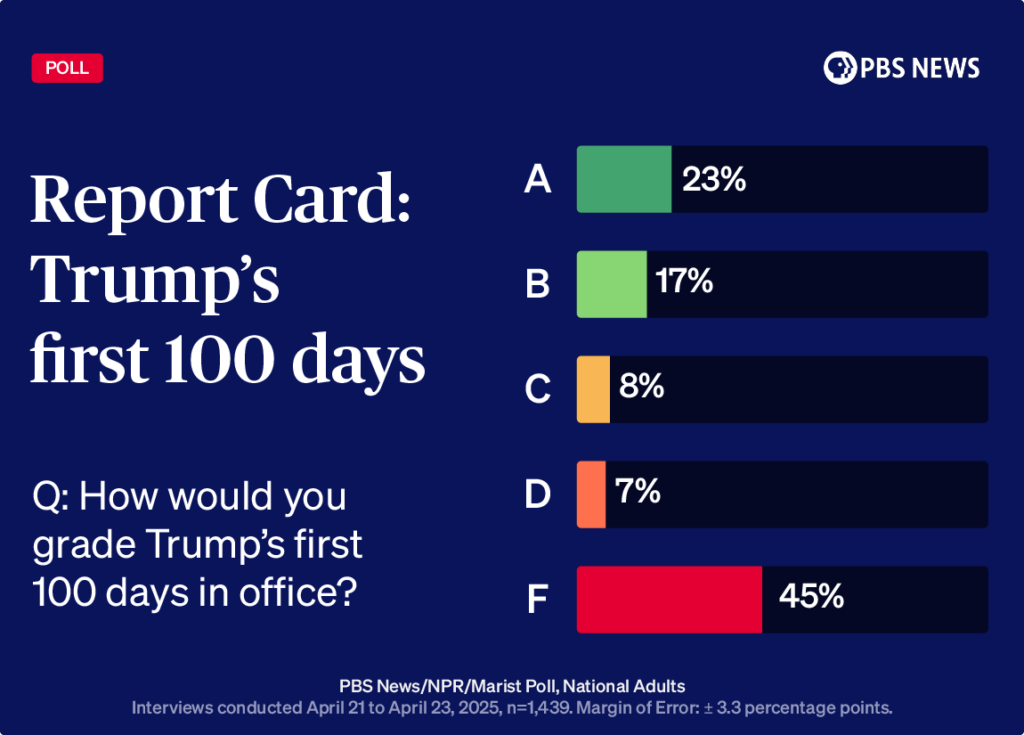
Han Liqun, Researcher, China Institutes of Contemporary International Relations
May 02, 2025
The Trump administration will continue to sway as it seeks new equilibrium amid stress-relieving turbulence. Historical patterns can be seen, but so can evolving realities. No one knows if America will find another escape route.

Zhang Tuosheng, Principal Researcher at Grandview Institution, and Academic Committee Member of Center for International Security and Strategy at Tsinghua University
Apr 10, 2025
Here are some suggestions for promoting peace, stability and development in the Asia Pacific region. For starters, to avoid bloc politics and confrontation or even a new cold war in the Asia Pacific, China, the U.S., Russia, Japan and India should actively develop new dialogues and exchanges and build on existing ones.
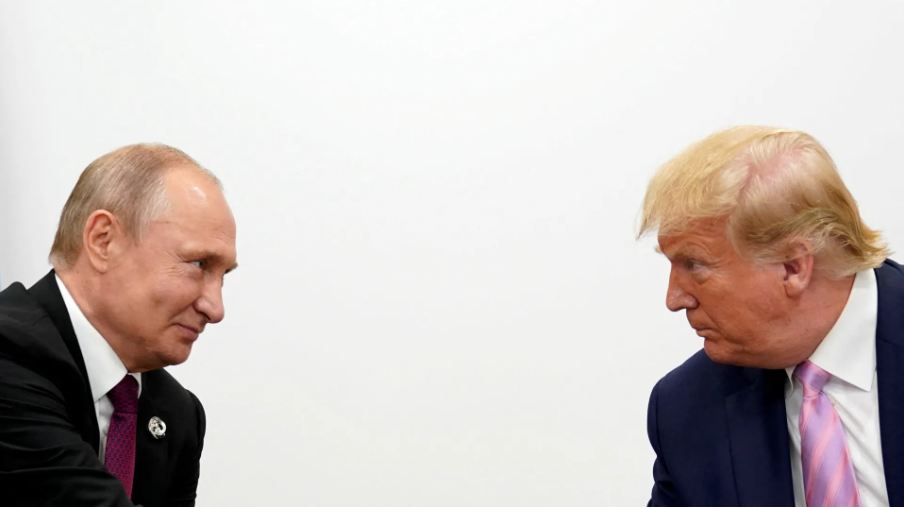
Xiao Bin, Deputy Secretary-general, Center for Shanghai Cooperation Organization Studies, Chinese Association of Social Sciences
Apr 03, 2025
The U.S.-Russia contest over Ukraine shows both the persistence of classic power politics and the clash of competing worldviews at a time when the international system is undergoing a seismic process of reordering. The Ukraine war and its potential settlement are upending traditional major-power dynamics.
Back to Top

- China-US Focus builds trust and understanding between the U.S. and China through open dialogue among thought leaders.
- Our Offerings
- Topics
- Videos
- Podcasts
- Columnists
- Research Reports
- Focus Digest
- Stay Connected
-
Thanks for signing up!
- Get the latest stories from China-US Focus weekly.